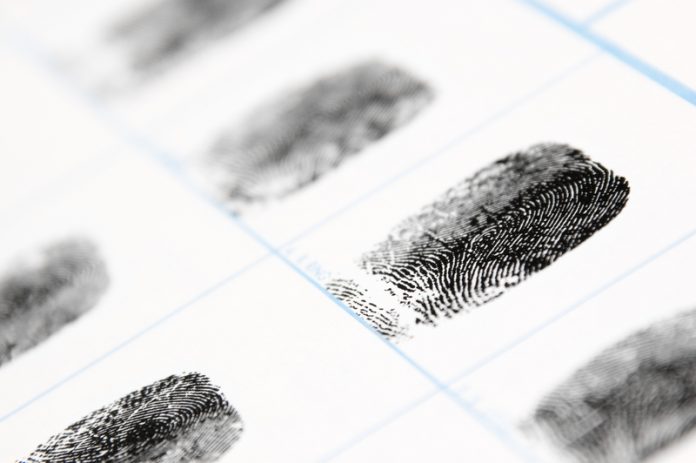New mobile fingerprint technology will allow police officers to use their smartphones to identify people in less than a minute
An app on an officer’s smartphone, combined with a handheld scanner, will mean police will be able to check fingerprints against both criminal and immigration records by connecting to the two live databases (IDENT1 and IABS) via the new Biometric Services Gateway.
West Yorkshire Police, who worked with the Home Office to trail the new system, will begin and initial roll out of 250 scanners to officers in the coming weeks.
The app is already available to its 5,500 frontline officers and it is expected that another 20 forces across the country will roll out the system by the end of this year.
Minister for Policing and the Fire Service Nick Hurd said: “The Biometric Services Gateway is just one of a series of national systems the Home Office is designing with policing to give officers information at their fingertips faster than ever before.
“By cutting out unnecessary trips to and from the police station, mobile technology is really helping to save valuable time and allowing officers to do what they do best – cutting crime and keeping us safe.”
The scanners cost less than £300 of the cost of current mobile fingerprint systems.
To ensure the information accessed from the Biometric Services Gateway remains secure, fingerprints are not stored and are automatically deleted from the device once they have been checked.
The technology also enables officers to rapidly identify someone experiencing a medical emergency and make contact with their next of kin.
West Yorkshire Police, Assistant Chief Constable Andy Battle said: “The introduction of these fingerprint devices is a significant step forward for West Yorkshire Police and marks another milestone in our technological ambitions.
“We have seen first-hand, for instance, how this rapid identification has enable speedy accurate medical treatment based on the record available. Its use also allows relatives to attend hospital to see their loved ones when time is of the essence.”
West Yorkshire’s Police and Crime Commissioner (PCC), Mark Burns-Williamson and National APCC lead on Forensics and Biometrics said:
“Using this advanced technology means officers are out on the street providing that visible presence rather than dealing with suspects in custody and could eventually enable the introduction of new automated systems, further ensuring officers are freed up to provide reassurance in our communities.”











